How to Resign with Your Reputation Intact

Resigning from your job is high up on the list of challenging conversations you have to have in life. Naturally, most of us will choose to steer clear of potentially awkward situations, but there’s a very strong likelihood that at some point you’re going to want to move on from your current role. Due to the sensitive nature of the subject, it’s best to approach it delicately, so that when you walk out the door you can leave with a positive, forward-facing mindset (and a glowing reference!)
On average, people change jobs every 4-6 years, so resignations are a part of life, and there is an art to resigning in a positive way. Below we’ve outlined a few tips on how to best navigate this difficult decision whilst still preserving your professional relationships when you part ways.
Deciding to Leave
While you can never know which call is the right one until you make it, resigning isn’t something you should do on a whim, or in the heat of the moment. Consider your reasoning carefully before taking the final leap. Quitting a job and starting anew is a big decision. We spend a significant portion of our time at work, and whatever adjustments you make will ripple throughout your life.
Change can be nerve-racking, but when the allure of better opportunities outweighs the security of your current role, then it might be time to start thinking about moving on when:
- You’ve outgrown your role and don’t feel challenged
- Your position lacks opportunities for further professional advancement
- Your salary is no longer commensurate with the value you provide to the business
- Your work-life balance is off kilter and taking its toll on your personal life
- The commute consumes too much of your day and you desire a job closer to home
- You feel like your values don’t match with that of your company, or team
- You don’t enjoy working with your manager and/or your colleagues
However, while you should think about how you got to this position before you submit your resignation, it’s equally important to think about the future. Do you have a job offer in hand to pick up where your current job leaves off? Do you have sufficient savings to cover some period of time without work if not?
If you don’t have anything lined up but you’re thinking about giving (or have already given) your notice, don’t hesitate to et in touch with one of our recruiters today.
Delivering Your Notice
So, you’ve weighed up the pros and cons and concluded that leaving is your best course of action. Now you want to exit with dignity.
Be clear and concise. Keep it simple and don’t over explain. Remember, you set the tone. Leaving your job is nothing to feel ashamed of or sorry about. However, stay empathetic to their situation as an employer, as your resignation may well take them by surprise – particularly if you seem happy in your work.
When writing your resignation letter, sometimes less is more. Offering too much information because you are eager to explain “it’s not you, it’s me” can come across disingenuous, and ultimately negative. On the other hand, if you’re resigning because of a perceived fault with the organisation, then it might be best to leave that detail out of your resignation letter and discuss it in a potential exit interview instead, where it can be talked about constructively.
If you feel the need to give a reason why you’re leaving, be sure to articulate it in terms of your personal needs, not your company’s shortcomings. Make a note about how much of your time with them has helped you grow professionally and that you’re happy to have had the opportunity – no need to add any “buts”.
In the lead up to giving your notice, don’t gossip about your intentions to leave. There are no secrets or “off the record” in the workplace, and word will always make its way around. You don’t want your boss getting wind of you leaving before you hand in your official resignation letter.
What to Do:
- Tell your boss first - schedule a meeting to deliver the news in person, then come up with a plan together on how you will inform the rest of the staff.
- Find an appropriate time when you can talk, don’t do it in passing.
- Check how much notice you need to give (typically 4 weeks, but check your contract to be sure!)
- Clarify when you will receive your final pay including holiday pay and any other entitlements.
- Ensure you work as hard as usual while working through your notice to leave on a good note and have a clear handover with the person who will be taking on your responsibilities when you leave.
- Be clear about your last day so that there is no confusion.
What Not to Do:
- Tell people your various reasons for leaving. If you decide to be transparent, stick to one story, that way you’ll keep rumours from spreading and your reputation intact.
- Raise all problems you had with the company or manager, but do provide constructive feedback if asked.
- Leave the door open for counter offers - you have made your decision, don’t tease your company with false hopes of keeping you.
Resignations aren’t always an easy thing to deal with, especially if you’re in a hard-to-replace role. Be conscious that your manager might have an emotional reaction, and take your notice personally. It’s important to remember that you’re unlikely to change their mind. The only thing you can do is remain professional, and not fan the flame. This way the worst-case scenario is that they will remember you for your ability to handle a difficult situation with professionalism!
Optimise Your Notice Period
Once you’ve handed in your notice, it’s a great time to tie up loose ends and smooth the transition for everyone involved. Putting in the extra effort to create a seamless handover will garner appreciation from the people you work with and keep your reputation intact after you’ve gone.
Carve out some time with your boss to formulate a plan for leaving your company in good shape when your last day comes around. If the role is unable to be filled prior to your departure, a co-worker may be picking up your slack. Book a meeting and start training them in your role.
Ask them how they prefer to learn; some people remember by doing, some need to write down thorough notes, others simply observe. Do your best to accommodate their learning method, as they will be the one faced with your responsibilities when you are embarking on your new professional adventures.
Make plenty of notes and how-to guides to assist in your absence. Think about what stressed you out when you first started, and make a detailed guide on how to tackle those challenges. What are the nuances and idiosyncrasies of your job? Be sure to explain these thoroughly so no one is left in the dark. Your successor will thank you for it!
Lastly, dig through all your old emails, listen to ignored voicemails, and investigate those mysterious papers piling up in the corner of your desk. Go. Through. Everything. Tying up loose ends is one of the most ignored aspects of leaving a job, (because it’s not your problem anymore!), but your meticulous preparation will leave behind a golden impression.
Express Gratitude
Even if you’re thrilled at the thought of your final day, try to adopt an attitude of gratitude. Your professional relationships can play a major role in further employment, and after investing years of your life in your role it would be a waste to throw away your connections by appearing ungrateful.
Even if your job was a nightmare, there were likely aspects you enjoyed, like co-workers you particularly connected with, or even something as simple as your job providing you with health insurance.
If you’ve enjoyed your time there, acknowledge all the skills you gained and the mentorship you’ve had. Your peers will appreciate the praise and hearing how your experience together has positioned you to further your career, and in thanking them for helping you get where you are today, you’ll have strong supporters in your corner long after your last day.
Share a few words with the people you value, and acknowledge their positive influences or mentorship when sharing the job site with them or engineering a project together. If you feel inclined, express your desire to stay connected.
If you feel it’s appropriate, personal notes or thoughtful parting gifts can be a nice touch.
Leaving a positive impression when you leave a company is not only good form, but keeps the door open for opportunities down the road. When a new role opens up, a past co-worker who felt appreciated is more likely to throw your name into the ring – if you want to return, that is.
If you’re lost on how to begin, start with one of our resignation letter templates.








